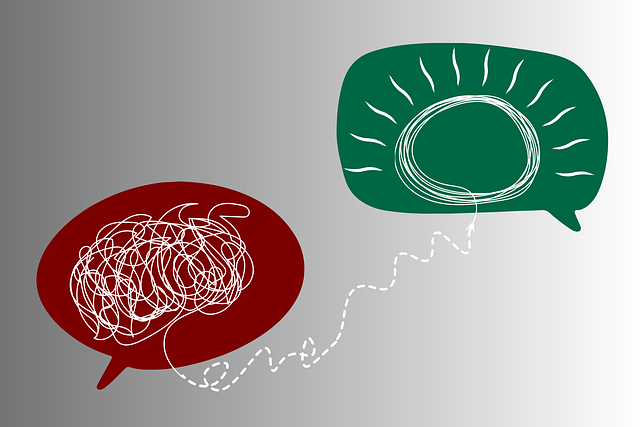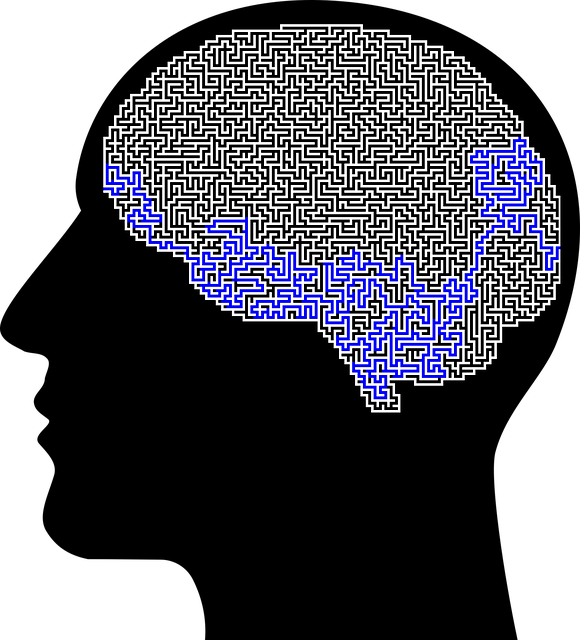Centennial Russian Speaking Therapy (RSF) is a culturally enriched therapeutic approach that combines storytelling, poetry, and philosophical discussions in the Russian language to enhance mental well-being and resilience. Integrating Resilience, Flexibility, and Mobility (RFM) principles, RSF empowers individuals to manage stress, anxiety, and trauma through self-awareness exercises, structured movement routines, and mindfulness practices. Regular participation leads to increased emotional agility, positive mindset shifts, and improved ability to navigate life's challenges.
“Unleash your inner resilience with Centennial Russian Speaking Therapy (RSF), a unique approach to mental well-being. RSF integrates language, culture, and movement to strengthen Resilient, Flexible, and Mobile (RFM) mindsets—essential tools for navigating life’s challenges. This article explores how RFM exercises can enhance your ability to adapt, recover, and grow from adversity. Discover practical ways to incorporate RSF techniques into daily routines, fostering long-lasting resilience.”
- Understanding Centennial Russian Speaking Therapy (RSF)
- The Role of RFM (Resilience, Flexibility, and Mobility) in Building Resilience
- Exercises to Enhance RFM and Resilience
- Integrating RSF into Daily Life for Long-Lasting Resilience
Understanding Centennial Russian Speaking Therapy (RSF)

Centennial Russian Speaking Therapy (RSF) is a unique approach that combines therapeutic techniques with the cultural richness of the Russian language and heritage. This therapy aims to enhance mental well-being and resilience, especially for those who struggle with trauma or stress. By engaging in RSF, individuals can explore their emotions and experiences through storytelling, poetry, and philosophical discussions, all conducted in the Russian language. The use of native tongue offers a powerful tool for processing difficult topics, fostering self-reflection, and cultivating compassion.
For mental health professionals, integrating RSF into their practice can be a valuable addition to their risk management planning. It promotes self-care practices by encouraging professionals to connect with their cultural roots while providing them with new methods to support clients. Moreover, the therapeutic process involves compassion cultivation practices, helping both therapists and clients develop emotional resilience and strengthen interpersonal connections.
The Role of RFM (Resilience, Flexibility, and Mobility) in Building Resilience

Resilience, Flexibility, and Mobility (RFM) are interconnected pillars that form a robust foundation for building mental fortitude. This holistic approach to well-being gains increasing recognition, especially within the context of addressing mental health concerns such as anxiety and the reduction of stigma associated with mental illness. Centennial Russian Speaking Therapy, for instance, integrates RFM principles to empower individuals in navigating life’s challenges.
Self-Awareness Exercises play a crucial role in enhancing RFM. By fostering an understanding of one’s thoughts, emotions, and behaviors, these exercises enable individuals to develop flexibility in responding to stressful situations. This proactive approach not only aids in managing existing mental health conditions but also contributes to preventing future relapses or exacerbations. Through regular practice, individuals cultivate a deeper connection with themselves, allowing them to become more agile and resilient in the face of adversity.
Exercises to Enhance RFM and Resilience

Building resilience and enhancing RFM (Rest, Exercise, Mindfulness) is a powerful combination for navigating life’s challenges. Centennial Russian Speaking Therapy offers unique exercises tailored to strengthen both mental and physical resilience. These practices are especially beneficial for healthcare providers aiming to prevent burnout and maintain optimal mental wellness.
One such exercise involves incorporating structured movement routines that promote not only physical fitness but also regulate mood and stress levels. Simple yet effective techniques, like mindful breathing during exercise, can help individuals cultivate a sense of calm and control. Additionally, therapy sessions often include mindfulness meditation practices, which have been shown to improve emotional regulation and enhance overall mental resilience. These strategies are integral components of comprehensive Mental Wellness Coaching Programs Development, ensuring individuals have the tools to thrive in demanding professions.
Integrating RSF into Daily Life for Long-Lasting Resilience

Integrating RSF into daily routines can significantly enhance resilience over time. The practice of Centennial Russian Speaking Therapy (RSF) offers a unique and powerful approach to building emotional fortitude. By incorporating techniques such as mindfulness meditation, which is an integral part of RSF, individuals can develop a deeper sense of self-awareness and calmness in the face of stress. This form of therapy encourages a mindful presence, helping people become more attuned to their thoughts and emotions without judgment.
Regular participation in confidence-boosting activities within RSF allows individuals to challenge negative thought patterns and beliefs. Trauma support services often benefit from these exercises, as they can aid in processing and releasing traumatic memories while fostering resilience. Over time, these practices contribute to a more positive mindset, enabling individuals to navigate life’s challenges with increased emotional agility and strength.
Centennial Russian Speaking Therapy (RSF) offers a unique approach to building resilience through the RFM framework, focusing on Resilience, Flexibility, and Mobility. By integrating RSF exercises into daily routines, individuals can enhance their ability to navigate challenges, foster adaptability, and cultivate a stronger sense of well-being. This holistic practice not only empowers folks in the present but also equips them with valuable tools for long-term mental and emotional health.













